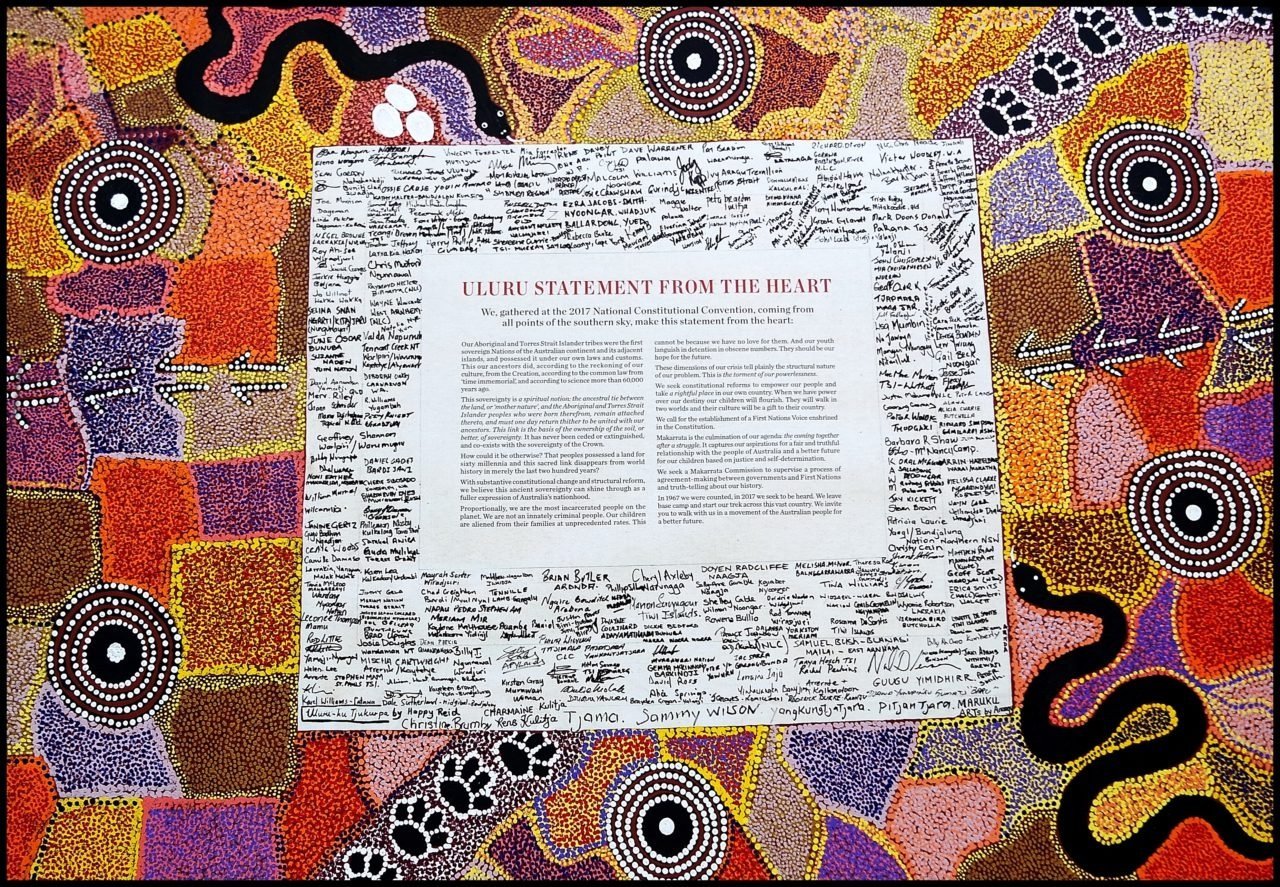Which Vote is the Right Vote?
By Rachel Justic
Posted 13/3/2023
No matter the debate, every side has its positives and negatives, a group that lucks out and a group that succeeds. But what do you do when members of the very community that the debate concerns are divided? The debate on a Voice to Parliament is rapidly ramping up as we approach the referendum, and it is important to consider all sides of the discussion before making up your mind for a yes or no vote.
The Voice to Parliament will allow for the recognition of Indigenous perspectives within parliament, being consulted about issues and decisions that will affect Indigenous communities. The new body will comprise of Indigenous Australians and comes from ideas proposed in the 2017 Uluru Statement from the Heart and surrounding discussions. Contrastingly, there are concerns regarding the adequacy of the mechanism and the effectiveness it will have in terms of actioning real change. In this way, we must educate ourselves on the reality of the current situation and how the voice will support Indigenous communities.
In a time where Closing the Gap targets are not closing fast enough, and many targets are moving backwards rather than being resolved, some level of change is necessary to remedy the current situation, with 9 targets 'not on track' and a mere 2 targets 'on track' out of the total 17 targets. This is seen in suicide rates rapidly increasing and stagnant levels of Year 12 and tertiary education completions or levels of youth employment. With no exclusive avenue to address the systematic inequalities resulting from various discriminatory policies and systemic racism, Indigenous communities have experienced tokenistic assistance from consecutive governments, wherein significant measurable changes have not been realised.
While constitutional recognition would allow for greater integration of Indigenous perspectives in parliamentary decision-making and comes across as a positive step toward reconciliation, many argue that the voice will not be able to deliver practical outcomes. There is a fear that the reality of implementation due to the lack of detail in terms of what the voice will do. Without confidence in their understanding of the voice, many voters have become less willing to vote yes due to confusion over detail. There are several smaller parties, arguing 'no' for a multitude of reasons.
Jacinta Price, Country Liberal Senator for the Northern Territory, proposes that issues should be dealt with on the ground and that the voice has the capacity to ‘drive a wedge between Indigenous peoples and divide Aussies by race.' Part of the 'Recognise a Better Way' campaign, the group's 'three-point plan' suggests that in place of a voice, existing legislation should be focused on by a new committee toward native title holders, this mechanism proposed to be achieved through a preamble to the Constitution. Lidia Thorpe, Independent Senator for Victoria, warns that the implementation of the voice has the potential to inhibit sovereignty claims in the future and that rather than constitutional recognition, ‘A treaty is more important to us … the voice should be included in the parameters for treaty.’
The implementation of a Voice to Parliament will allow Australia to better meet its international obligations, in that the voice represents the right to political participation as enshrined in the United Nations Declaration on the Rights of Indigenous People. Increasing the accountability of politicians and increasing transparency of government, having a representative body overseeing decisions relating to Indigenous communities would ensure that community consultation is genuine, and changes are genuinely impactful. In addressing the issue of the lack of detail on what the voice would entail, it is crucial to keep in mind that the referendum concerns the principle that an advisory body is permanently implemented, and that it will not have decision-making power. The structure of the voice will be decided in parliament, dependent on the outcome of the referendum.
Over the last decade, several advisory bodies have been implemented, including the Aboriginal and Torres Strait Islander Commission. Through consecutive governments, these bodies have been repeatedly removed, and without constitutional recognition of such, there is no way to assure their permanence. Amending the constitution to include the Voice to Parliament means that an advisory body will always be in place, providing better long-term protection for Indigenous individuals and communities.
It is important to consider both sides of the Voice debate and the impact it has on the effectiveness and efficiency of policies that benefit Indigenous and non-Indigenous Australia.
Would a different mechanism be the most effective, or are the benefits of recognition tilting you towards ‘yes’?

